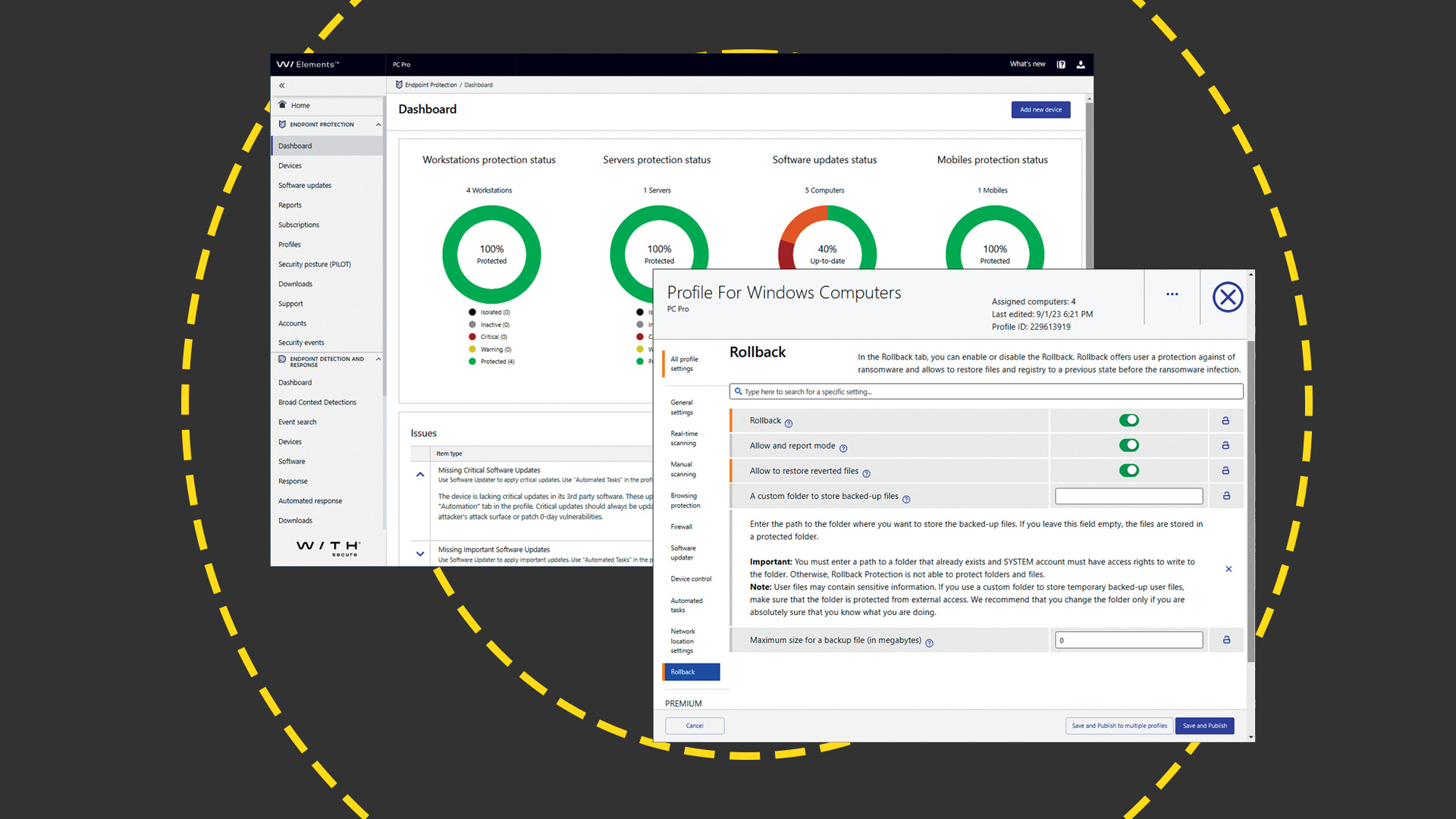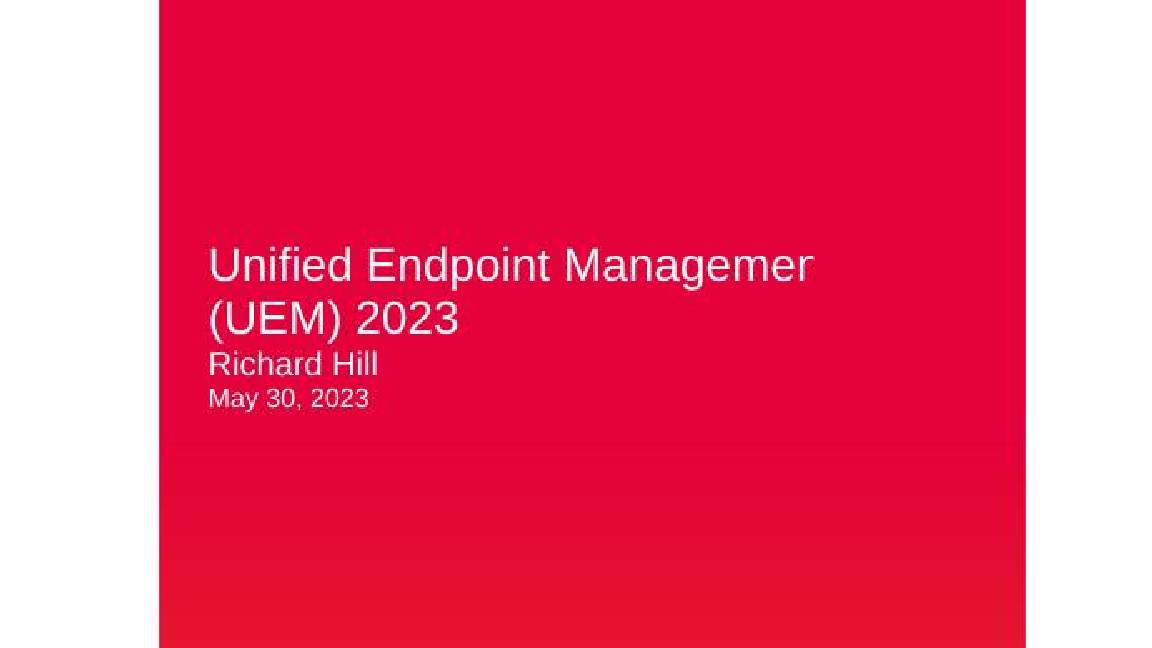Intel won’t patch new Spectre-like chip vulnerabilities for another 12 days
Patches for all operating systems and virtual machines may not be ready until later this year - report


Intel won't patch a new series of Spectre-related flaws in its chips for another 12 days, it is reported.
Fixes for the flaws, known as 'Spectre Next Generation', were scheduled for 7 May, but the chip manufacturer is allegedly having issues getting the updates ready in time, needing another two weeks to do so. This pushes the release date back to 21 May.
This is according to a report in German IT publication Heise, which suggests the patches could take even longer to arrive.
The flaws were originally reported earlier this month and are caused by the same design issue responsible for the original Spectre vulnerabilities. Around eight flaws have been discovered but technical details about them are yet to be published. Each flaw has a CVE number and each requires a patch to fix the issue.
Spectre Next Generation flaws affect Core i processors and their Xeon derivatives as far back as 2010, Heise reports. These are common Intel processors found in desktops, laptops and servers.
The flaws also reportedly affect Atom-based Pentium, Celeron and Atom processors dating back to 2013 as well as those powering tablets, smartphones and embedded devices.
One of the most troublesome flaws affects Core i and Xeon chips, allowing hackers to attack systems and virtual machines from a compromised VM. These flaws may not be fixed until the middle of August.
Get the ITPro daily newsletter
Sign up today and you will receive a free copy of our Future Focus 2025 report - the leading guidance on AI, cybersecurity and other IT challenges as per 700+ senior executives
As well as microcode patches from Intel, fixes for the operating system will also be necessary, the publication said.
An Intel spokeswoman said in a statement sent to IT Pro: "Protecting our customers' data and ensuring the security of our products are critical priorities for us. We routinely work closely with customers, partners, other chipmakers and researchers to understand and mitigate any issues that are identified, and part of this process involves reserving blocks of CVE numbers. We believe strongly in the value of coordinated disclosure and will share additional details on any potential issues as we finalise mitigations. As a best practice, we continue to encourage everyone to keep their systems up to date."
Rene Millman is a freelance writer and broadcaster who covers cybersecurity, AI, IoT, and the cloud. He also works as a contributing analyst at GigaOm and has previously worked as an analyst for Gartner covering the infrastructure market. He has made numerous television appearances to give his views and expertise on technology trends and companies that affect and shape our lives. You can follow Rene Millman on Twitter.
-
 AI is helping bad bots take over the internet
AI is helping bad bots take over the internetNews Automated bot traffic has surpassed human activity for the first time in a decade, according to Imperva
By Bobby Hellard
-
 Two years on from its Series B round, Hack the Box is targeting further growth
Two years on from its Series B round, Hack the Box is targeting further growthNews Hack the Box has grown significantly in the last two years, and it shows no signs of slowing down
By Ross Kelly
-
 Busting nine myths about file-based threats
Busting nine myths about file-based threatsWhitepaper Distinguish the difference between fact and fiction when it comes to preventing file-based threats
By ITPro
-
 The threat prevention buyer's guide
The threat prevention buyer's guideWhitepaper Find the best advanced and file-based threat protection solution for you
By ITPro
-
 The Total Economic Impact™ of the Intel vPro® Platform as an endpoint standard
The Total Economic Impact™ of the Intel vPro® Platform as an endpoint standardWhitepaper Cost savings and business benefits enabled by the Intel vPro® Platform as an endpotnt standard
By ITPro
-
 The Total Economic Impact™ of IBM Security MaaS360 with Watson
The Total Economic Impact™ of IBM Security MaaS360 with WatsonWhitepaper Cost savings and business benefits enabled by MaaS360
By ITPro
-
 WithSecure Elements EPP and EDR review: Endpoint protection on a plate
WithSecure Elements EPP and EDR review: Endpoint protection on a plateReviews An affordable cloud-managed solution with smart automated remediation services
By Dave Mitchell
-
 Supply chain as kill chain
Supply chain as kill chainWhitepaper Security in the era Zero Trust
By ITPro
-
 KuppingerCole leadership compass report - Unified endpoint management (UEM) 2023
KuppingerCole leadership compass report - Unified endpoint management (UEM) 2023Whitepaper Get an updated overview of vendors and their product offerings in the UEM market.
By ITPro
-
 The Total Economic Impact™ of IBM Security MaaS360 with Watson
The Total Economic Impact™ of IBM Security MaaS360 with WatsonWhitepaper Get a framework to evaluate the potential financial impact of the MaaS360 on your organization
By ITPro